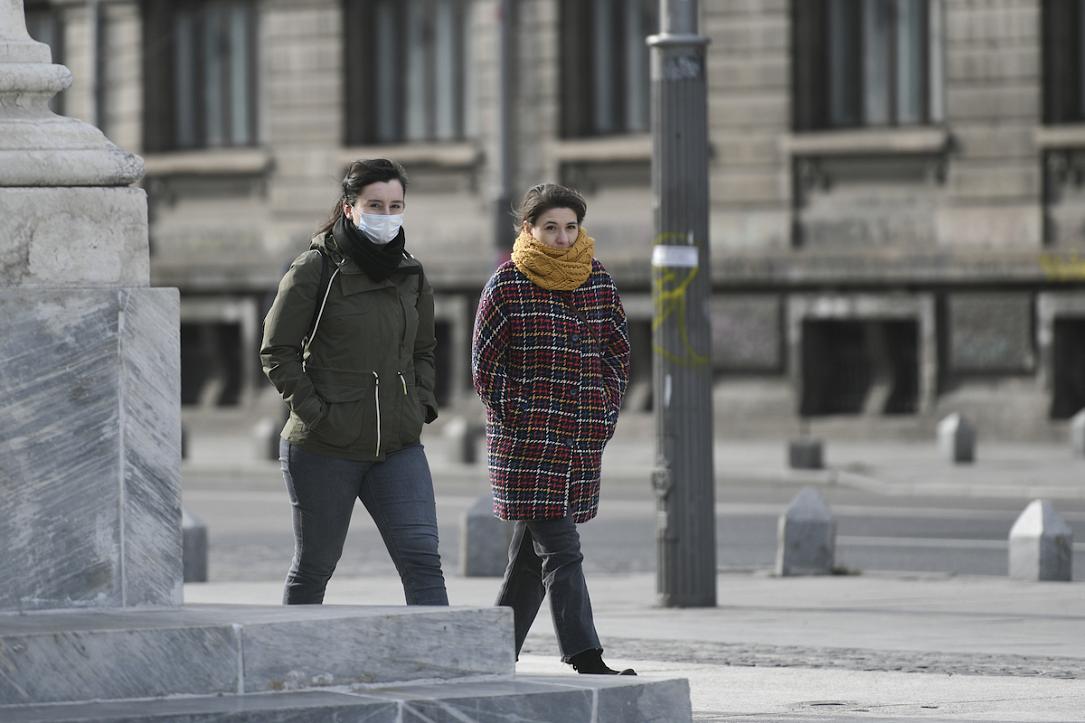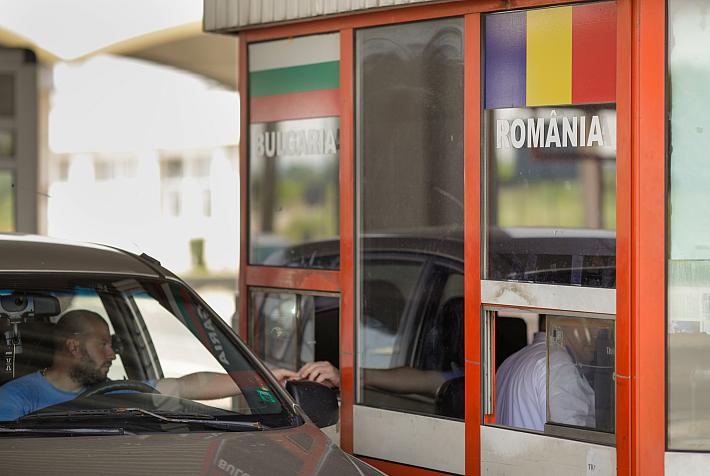Study: Half of Romanians believe that the COVID-19 crisis will last more than 2-3 months, 45% worry about possible infection

Five out of ten Romanians believe that the current crisis triggered by the novel coronavirus (COVID-19) will last for more than 2-3 months, while 12% are even more pessimistic, as they think that the current situation will last for six months, according to a study conducted by 4Service Group Romania.
The study was conducted online between March 19-25, on a sample of 1,564 Romanians aged between 18 and over 65, from both urban and rural areas.
Over 43% of the respondents believe that the number of confirmed cases of coronavirus will increase exponentially, the same study revealed, local News.ro reported. Almost 30% believe that the growth rate will be constant, linear, and only one in 10 Romanians still believes that the authorities will manage to keep the number of cases under control. Meanwhile, three out of 100 Romanians estimate that the number of infections will decrease in the next period.
When it comes to the possibility of getting infected with COVID-19, 45% of Romanians fear that they can contract the virus in the next period. The study also said that the elderly are the most pessimistic, with almost 7 out of 10 people over 65 thinking they can get sick in the next period.
In addition, more than a quarter of Romanians believe that a crisis of the health system imminent, while 60% expect a major economic crisis.
“Over 92% of Romanians said they are worried or very worried for them and their loved ones during this period and only 3% of the respondents said they do not worry at all. The Romanians’ level of concern increases with age,” the study reads.
62% of Romanians believe that they are relatively well informed about the pandemic, while one third said they are very well informed. The highest rates were registered for people over 65 years of age.
The TV remains the most important source of information for Romanians during this period, being mentioned by over 71% of the respondents. The official channels used by the authorities and social media come next, followed by news sites and the opinions of doctors and friends, relatives or acquaintances.
Most respondents (over 73%) said that they know very well and respect the preventive measures communicated by the authorities. The most popular preventive measures include washing the hands as often as possible (mentioned by over 94% of the respondents), avoiding crowded places or queues (89%), and the use of disinfectants (86%).
newsroom@romania-insider.com













